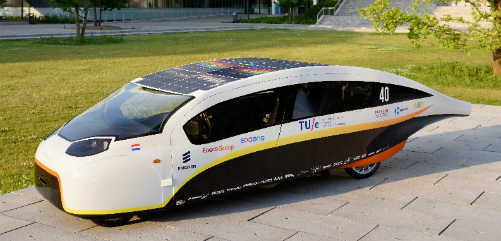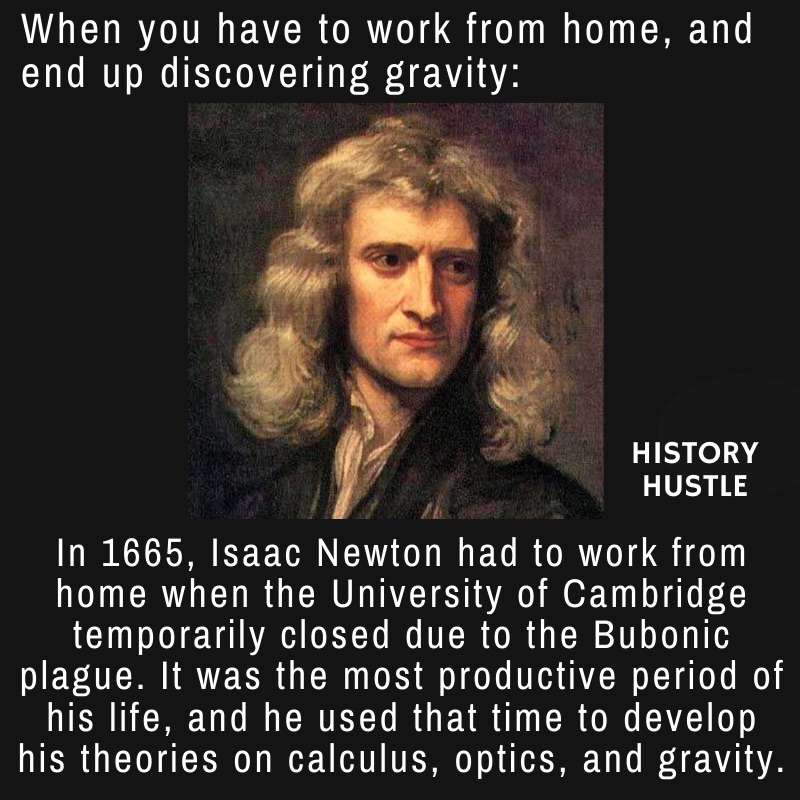Zoom sessions and online work is how Quest is running this term. We try to share ideas where we can, and meet for zoom chats so we can see our friends and brainstorm ideas.
This term we are looking at the concept of progress through a wide variety of topics.
First up - Transport, as requested by Harrison. We looked at transport types and changes over the years, as well as possible ideas for the future. Some designed great new transport methods with futuristic power sources, some created models of vehicles and tried to transport goods, some researched different transport methods.

Next we looked at toilet paper and thought about the progress in hygiene as well as comfort! We looked at ancient Roman toilets, and how they shared a sponge on a stick to 'clean up' - ugh! We looked at ingenious ways people use toilet paper for other purposes at times, such as the toilet roll challenge by footballers, creating paper wedding dresses out of toilet paper, and upcycling used toilet rolls to create something new.

Next up - buildings and progress with design, materials and use of space. We went on a virtual trip to Italy via Google street view to visit the leaning tower of Pisa and think about why it might be leaning. Children chose from various ideas to look deeper at an aspect of design, materials or use of space. We had towers made of creative materials like bagels, toilet paper rolls, tins, toothpicks, as well as interesting designs for tiny houses and large buildings.
If you haven't tried this you might like to try building out of toothpicks and marshmallows. How high can you make a tower before it collapses?







